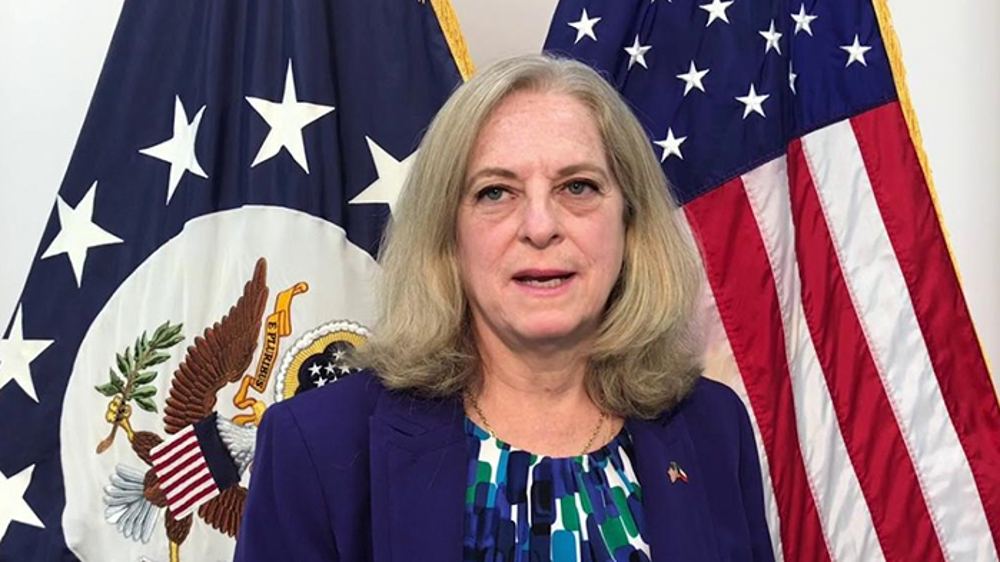Alwaght- An Iraqi Member of Parliament has criticized US Ambassador to Baghdad Alina L. Romanowski for her seditious moves and attempts to provoke bitter divisions within the Iraqi society, stressing that her divisive stances are detrimental to the Arab country’s national security and sovereignty.
Abbas al-Maliki, a member of the State of Law Coalition led by former Iraqi prime minister Nouri al-Maliki, in an interview with the Arabic-language al-Maalomah news agency, sharply criticized Romanowski’s “suspicious” meetings with political and social figures as well as members of civil organizations in Iraq.
“The US ambassador in Iraq behaves like a special envoy as she holds meetings with any political and non-political figure whom she desires, and can make use of all available social and political means for such a purpose. Romanowski believes that she can give orders and tell people what to do and not to do,” Maliki said.
He stressed, “Under the orders of the Iraqi premiership, foreign diplomats must perform their roles in accordance with international norms and principles, and should only communicate with officials from the Foreign Ministry and state authorities through diplomatic channels and submit a plan for their meetings in advance.”
“The US ambassador must respect diplomatic principles, sovereignty of Iraq as well as the laws and regulations in the country,” Maliki said.
“Ulterior motives lie behind the insistence of the American envoy and some other Western diplomats to hold meetings with Iraqi political and social figures and representatives of civil organizations. Such bids are viewed as interference in Iraq's internal affairs and harm the national security of the country,” he pointed out.



























